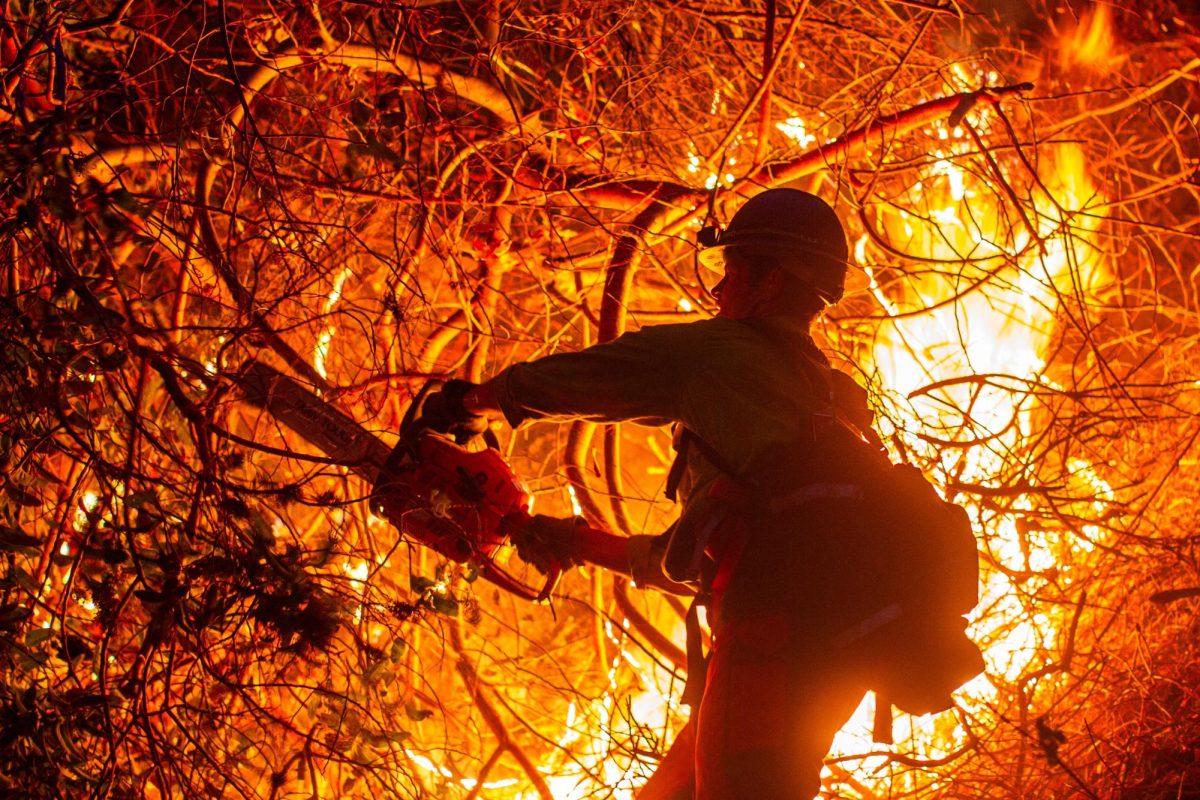As the fires rage in parts of Los Angeles, a subset of first responders have been risking their lives for little pay to prove to their communities they have changed. Hundreds of prisoners are amongst those battling the devastating wildfires in Los Angeles through a longstanding program with the California Department of Corrections and Rehabilitation. These incarcerated firefighters are volunteers who sign up to be part of the Conservation (Fire) Camps Program where they may be called on to combat wildfires and respond to other emergencies, like floods and natural disasters. California is one of 15 states that rely on incarcerated people to help fight fires and one of 30 states that include roles for incarcerated people in their official emergency response plans. The California program for fires dates back to 1915 but was expanded in the 1940s because of firefighter shortages during WWII. The Los Angeles fires have brought renewed attention to the program.
The program has come under criticism for exploiting prisoners who risk their lives for little pay. Legally one of the reasons that the state can pay incarcerated firefighters below the minimum wage is that under the U.S. and California constitutions, involuntary servitude is permitted as punishment for a crime. The program saves California millions in firefighting costs by paying incarcerated workers far below the minimum wage for the same dangerous work performed by professional firefighters, and firefighters in the program face higher injury rates than professional firefighters. While prisoners acknowledge the hazardous work and 24-hour shifts for little pay, many incarcerated people feel, if given the chance, the fire program is a better alternative to prison life. The program does pave the way for emergency response certification and possible job opportunities for reduced sentences. But when your alternative is to live in a concrete cage, in a position of extreme oppression and in unsafe conditions, is being offered the opportunity to work outdoors, being valued as a human, really a choice?
“I heard that even if these inmates are trained and get certified, there are still lots of barriers (like background checks) that keep them from being able to even use the skills they were taught in prison. Is that ok? I don’t know,” said Benny Moosbrugger.
Henry Dixon added, “ Maybe the program has flaws, but it is a step in the right direction to rehabilitate and help those behind bars.”
Firefighting is voluntary for incarcerated people, but what is clear is that the ethics of their “choice” are complicated.

